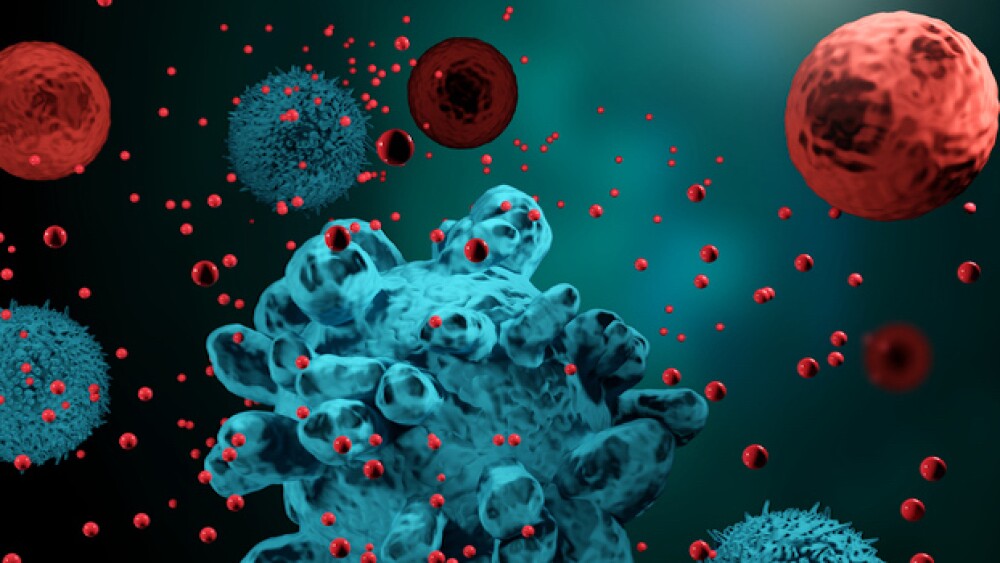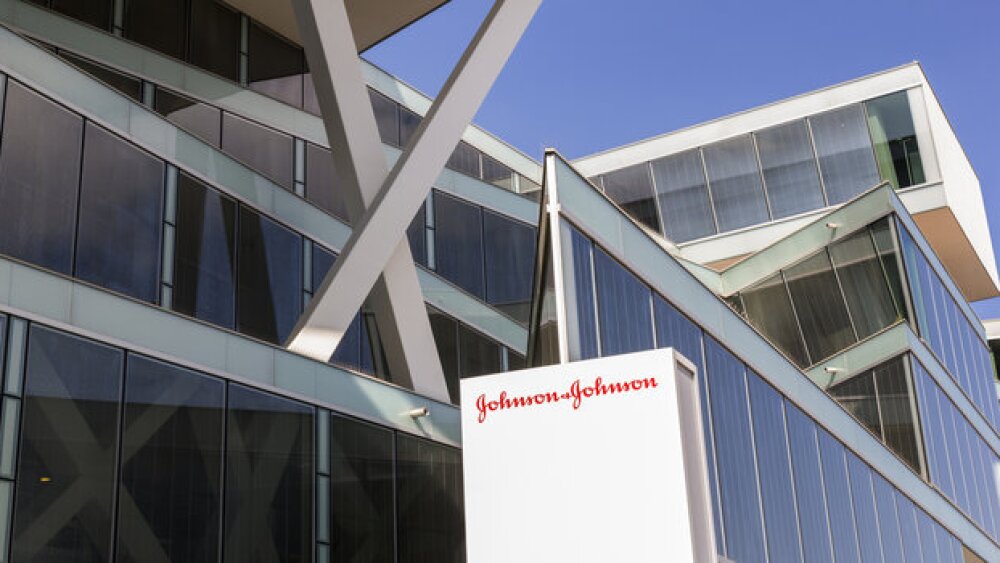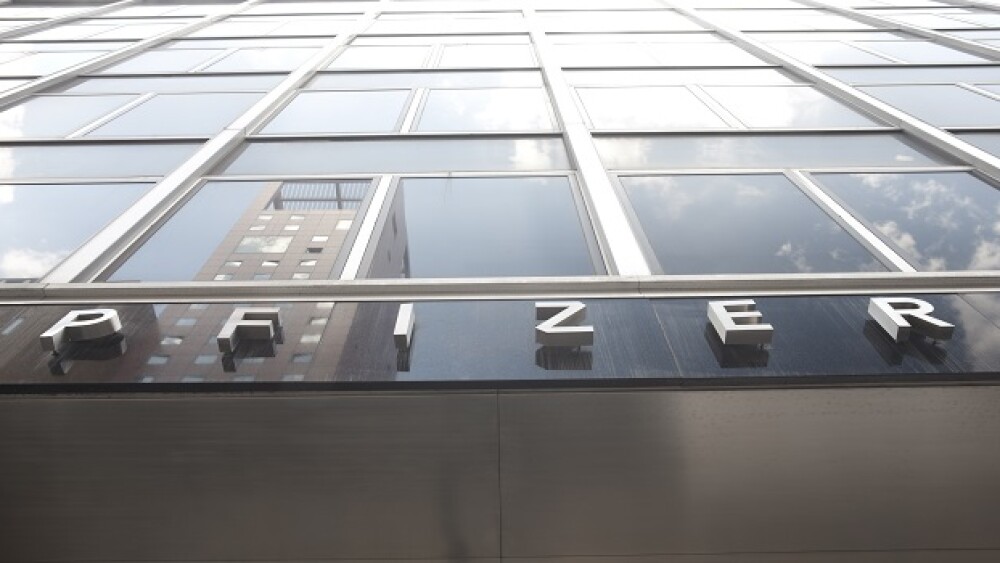Triumvira Immunologics’ president and chief operating officer Rob Williamson noted that cell therapy companies might still have an uphill battle unless they can differentiate.
Pictured: Cell therapy concept/iStock, Meletios Verras
The CAR T sector has been under the regulatory microscope since the FDA announced in late November 2023 that it was investigating 20 reports of T cell lymphoma in patients who had previously received CAR-T therapies. However, at least one cell therapy oncology company is not concerned.
At the 42nd J.P. Morgan Healthcare Conference, Triumvira Immunologics President and Chief Operating Officer Rob Williamson told BioSpace that internal discussions and those with other analysts and oncology-based cell therapy companies indicate the investigation is not a “big deal.” He was also adamant that it would not affect Triumvira and its business.
“(For) these patients, the risk-benefit is significantly in favor of the therapy,” Williamson said.
That is not to say that the CAR T industry has not had some rough times recently or that everything is sailing along smoothly.
“I think cell therapy within biotech is still in the penalty box,” Williamson said. He said cell therapy companies may continue to be seen less favorably than other biotechs during the next year, except for those who can differentiate themselves in showing value, good efficacy data or by targeting unmet needs. He said he is hopeful that cell therapy can get out of this penalty box, “but it’s a very crowded space.”
Williamson noted that it has been an “awful” time for private and public biotechs the past few years but called the recent uptick in deals at the end of 2023 “heartening.”
“The public biotech market caps are still quite diminished,” he said, “which makes it harder for public and private companies to raise money. I think there will be a recovery there.”
Triumvira has a proprietary T cell “antigen coupler” designed to work directly with a T cell receptor to assist the T cell in recognizing and attacking cancer cells. It is developing an asset, TAC101-Claudin18.2, which is targeting Claudin-positive tumors. Williamson expects a Phase I readout from TAC101-Claudin18.2 sometime in early 2025.
In the differentiation game, Williamson said Triumvira is separating itself from the pack with its safety and tolerability; Triumvira’s therapy is administered in the outpatient setting, which is not typical in cell therapy, and it is focused on solid tumors.
In terms of funding for Triumvira, Williamson said there is “inbound interest” for some of its programs and that current investors have supported the company “appropriately.” He said he sees the public markets as a great place to go at some point but added that a private company “needs to understand the right time to go public and the risks and [to] make sure that you have a story.”
As for the broader market, Williamson noted that he is “cautiously optimistic” for the future and believes M&A activity will pick up at JPM.
Tyler Patchen is a staff writer at BioSpace. You can reach him at tyler.patchen@biospace.com. Follow him on LinkedIn.
Correction (Jan. 11): The name and target of the asset for which Triumvira expects a readout and the date for the Phase I readout have been corrected. BioSpace regrets the error.






